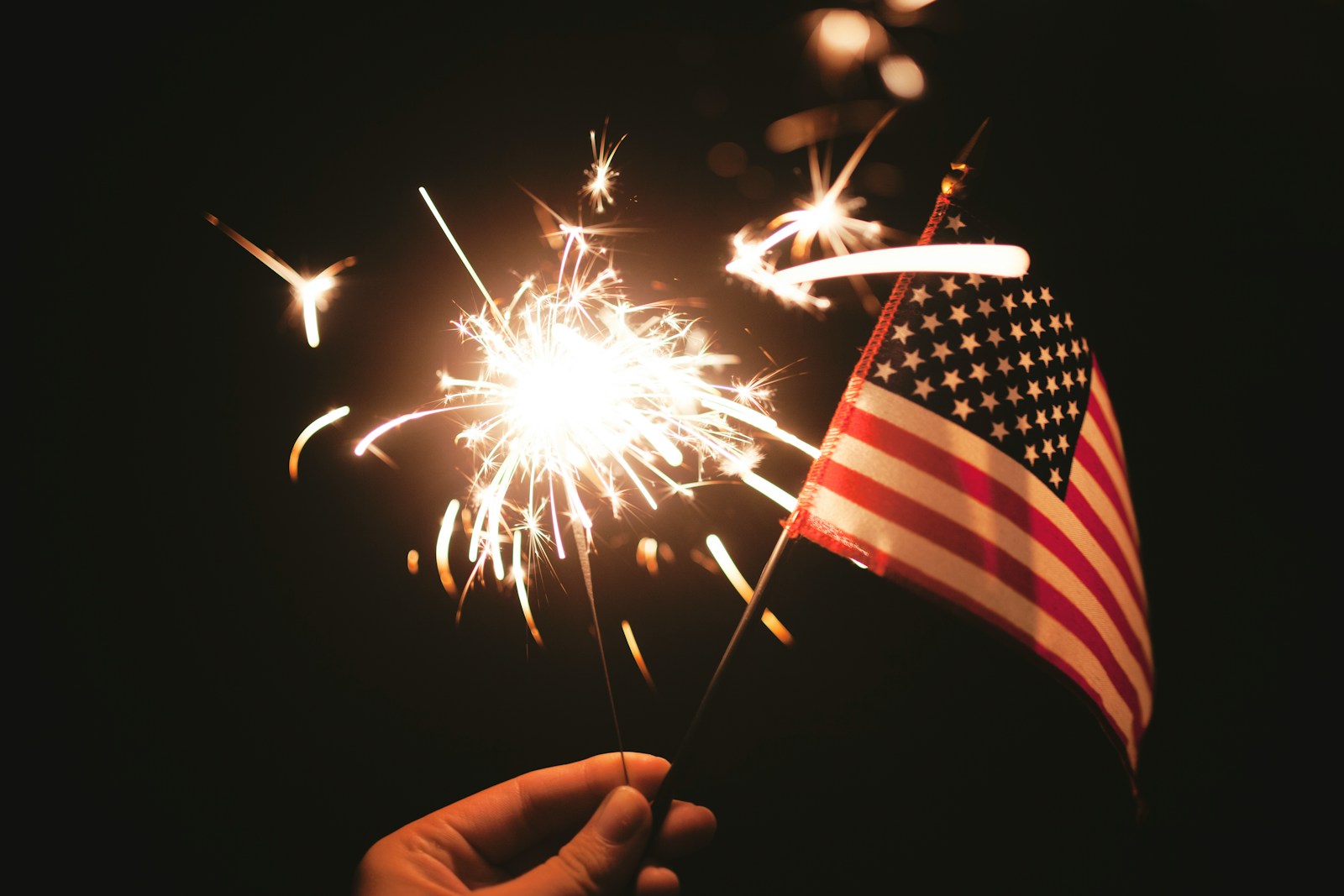Recently, renowned Sculptor, Adeola Balogun, held the first art fair at his native Ota, Ogun State, titled Ota Art Fair. The two-day exhibition was designed to project a positive image, culture, and tradition of Ota people.
It also brought the attention of art enthusiasts, professionals, collectors and other creative persons to Ota town to share, learn and enjoy the best of arts. It projected Ota as a place of artistic excellence.
Founder and President of Omooba Yemisi Adedoyin Shyllon Art Foundation (OYASAF), Prince Engr. Yemisi Shyllon, who as special guest delivered a lecture, which was originally titled ‘Solution to Challenges in the Development of Tourism in Nigeria.’
He changed it to ‘The Importance of Culture in Development of Tourism in Nigeria, saying he had the opportunity of serving the Ogun State government pro bono, as chairman of Ogun State Tourism Board.
But while touring the state, he discovered that the Awori has a rich culture, which the state and Nigeria were yet to explore. He said it was informed his decision to speak on the role of culture in tourism.
Shyllon explained the importance of tourism, saying, “The tourism and travel counsel and World Bank estimated that at the end of 2016, world tourism in total attracted about $7.6 billion from the people, who visited tourist sites around the world and the industry generated eight percent of the world’s GDP.”
Tourism, according to him, is seen to drive 30 percent of the world’s services and trades because it involves airline, taxi, hotels, arts railways, tour guide business and more.
“While domestic tourism involves people within the same geographical setting traveling within to understand and enjoy the environment,” Shyllon said, “international tourism involves inbound and outbound tourism. Nigeria does not generate much on inbound tourism whereas they spend so much on outbound tourism in terms of medicals instead of developing our medical institutions.”
He defined culture as all the activities and behaviors that arise from one generation to another as a result of man’s interaction with himself and with nature, which includes religion, language. As such, to grow tourism the people must believe, love, respect and uphold their culture.
According to him, “Artwork is an embodiment of the total dynamics of the environment from which an artist operates, which includes socioeconomic, cultural and material influences. And Ota, an industrial hub of Ogun State, is rich in myriads of unique cultural heritage worthy of visual exploration and documentation. Thus, one of the objectives of the fair is to explore and harness aesthetically compelling symbols peculiar to this Awori town.”
Shyllon said the major challenge why Nigerian tourism is not thriving is because the country has not overcome lack of widespread acceptance, love, belief, regard, and respect for the cultures indigenous to it.
As he noted, “Tourism is all about showcasing and selling the material and immaterial culture of societies with a view to attracting visitors seeking to understand, appreciate, learn, enjoy, interact and participate in the cultural values and edifices of other societies.
“Nigeria as a country is generally populated by people, who demonize, dissociate, disregard and abhor beliefs in their indigenous cultures.
Majority of Nigerians are schooled to respect, favor and believe in either Arabian culture or that of the western world, to the detriment and general disregard of their indigenous cultures.
The average Nigerian is thus generally observed to dress, speak, eat and live in either Arabian or Western style to the dissociation from and demeaning of his own indigenous culture.
“A major challenge to tourism in Nigeria is the absence of well publicised, widely published and well planned cultural activities and festivals. Such Nigerian cultural activities and festivals need to be published at least 12 months in advance, on an annual basis.”
Oba of Ota, His Majesty, (Prof.) Adeyemi Abdulkabir Obalanlege said culture is a way of life, adding, “It is rather unfortunate for a white man to come back to Africa and tell us that he is more superior than us.
I think we were taught history at school and it was said that it was only during World War II when the white man was shot that a black man saw blood coming out that only then did he realize the white man also has blood like them.
“We have to tell people about our culture because that is our identity. If you don’t know about your culture, how do you define yourself?”
For instance, if you say you are a Yoruba man and you cannot speak the language then you are not because your identity is different from that of a real Yoruba man.
This is simple; if you are in England and you cannot speak English, you cannot call yourself an English man.”
He said in other climes such as Ireland, “Irish is compulsory in primary and secondary schools but here if you try to make Yoruba compulsory, they will frustrate you. I think we have a lot of work to do.”
Obalanlege, however, enjoined the students present to try as much as possible to speak Yoruba, saying it is their culture and what defines them as Yoruba people.
According to the royal father, “Though culture is not static, now we have Pidgin English and, honestly, that is what defines us as Nigerians.
When we travel out of the country and meet other Nigerians, the Pidgin English we speak is what defines us as Nigerians.”

